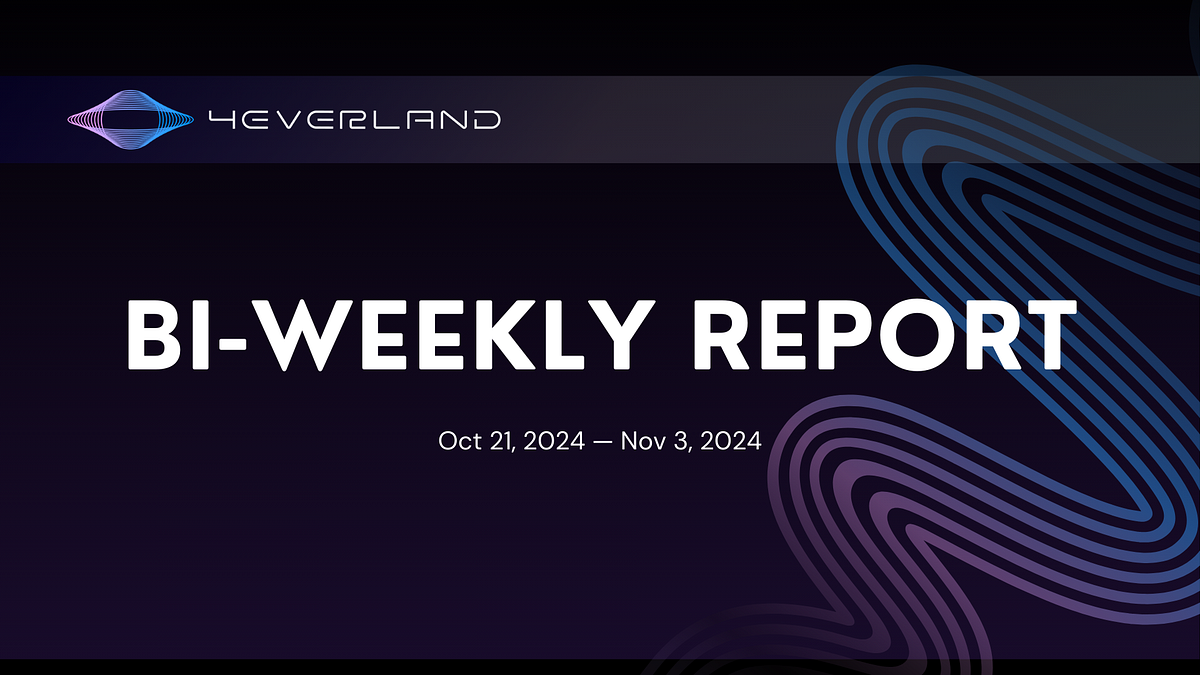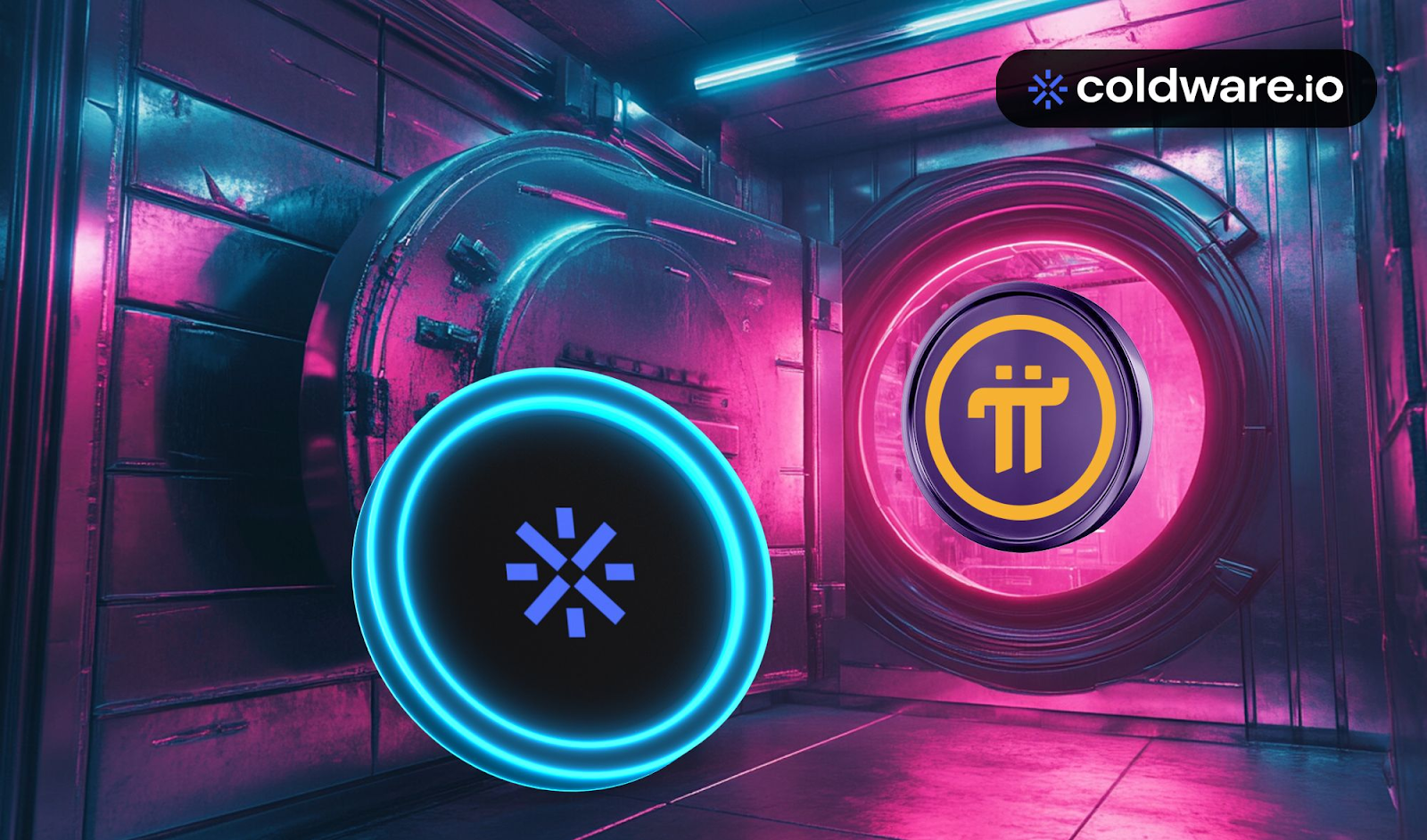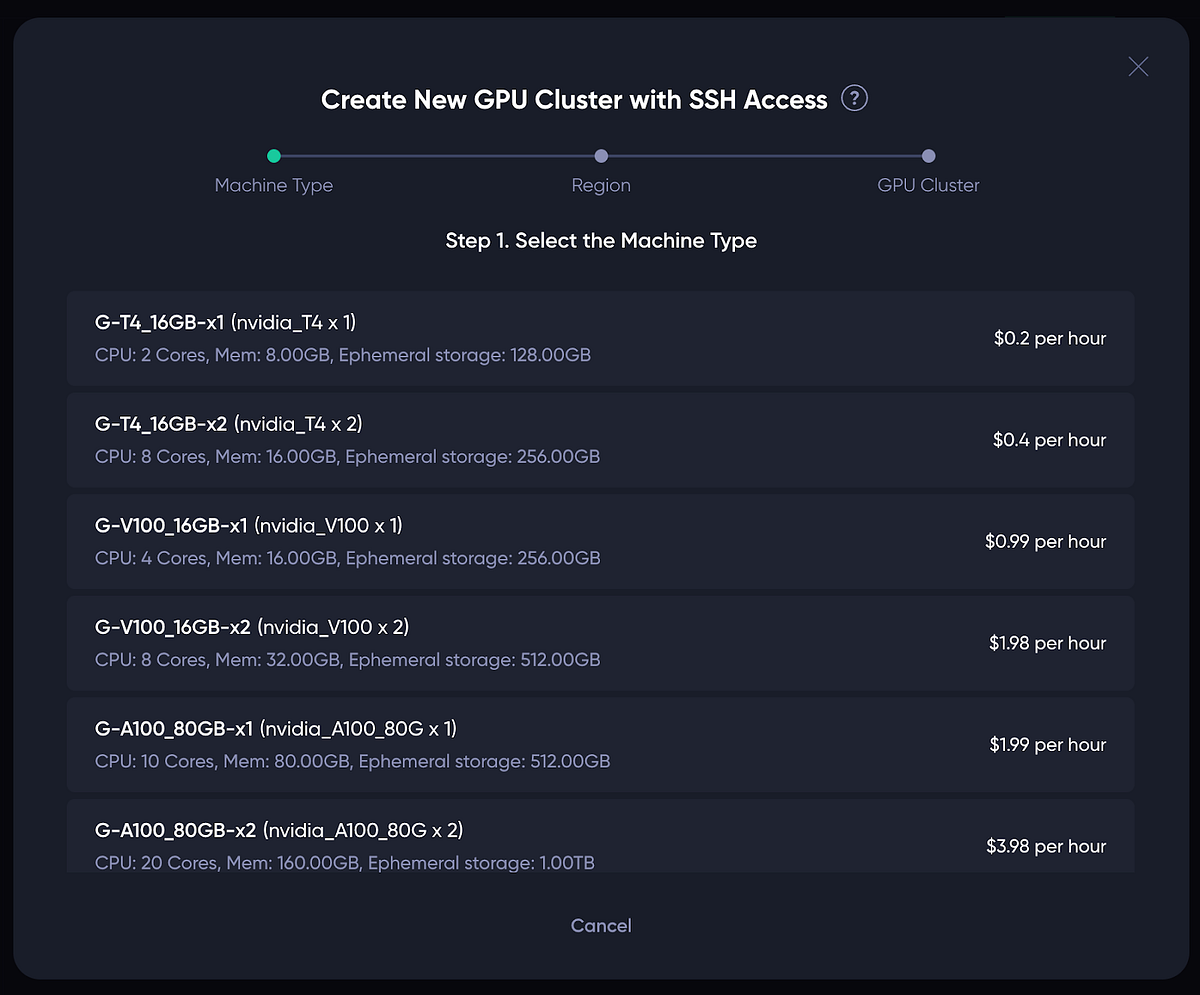4EVERLAND Bi-Weekly Report: Key Developments and Future Outlook

In the latest edition of the 4EVERLAND Bi-Weekly Report, the project has showcased significant advancements and user engagement strategies over the past two weeks. Notable developments include the successful launch of the Points Withdrawal feature and a joint promotional campaign with OKX Wallet, which aims to enhance user interaction across platforms. Additionally, the project is actively working on the 4EVER Key Stake functionality and has introduced a new account section in Boost for a more personalized user experience. The integration of new AI RPC models, including OpenAI’s GPT-4o-mini and Google’s Gemini Flash 1.5, further exemplifies 4EVERLAND’s commitment to leveraging advanced technology in its offerings.
Strategic partnerships have also played a crucial role in 4EVERLAND’s growth. Collaborations with InfinityGround, CodexField, and PiggyPiggy are set to provide users with exclusive airdrop rewards and decentralized hosting services. The project encourages user participation through various activities, such as depositing LAND for Points rewards and engaging in the 4EVER Boost Campaign, which offers a chance to earn $4EVER points through storage and network engagement. The community’s involvement is highlighted through user-generated articles that enhance understanding and interaction with the platform.
Looking ahead, 4EVERLAND is focused on technical upgrades, ecosystem expansion, and community engagement. The project has seen impressive user growth, with over 200,815 new users and a total of 151,164 transactions recorded in the last fortnight. As 4EVERLAND continues to refine its technical architecture and collaborate with more projects, it aims to strengthen its position in the blockchain space and foster a vibrant community. The future looks promising as they prepare for upcoming developments and user-centric initiatives.
Related News





